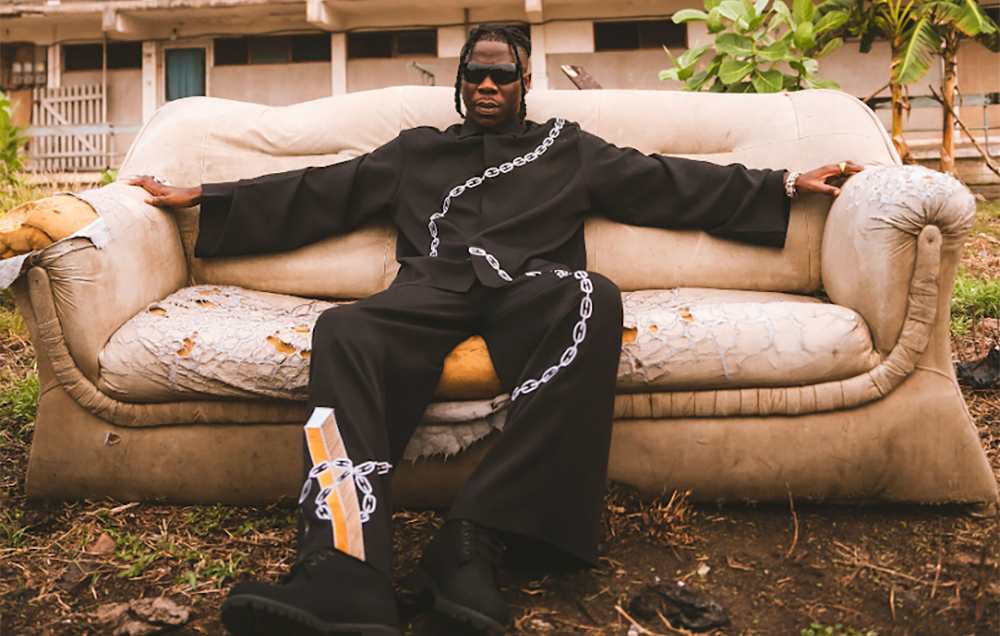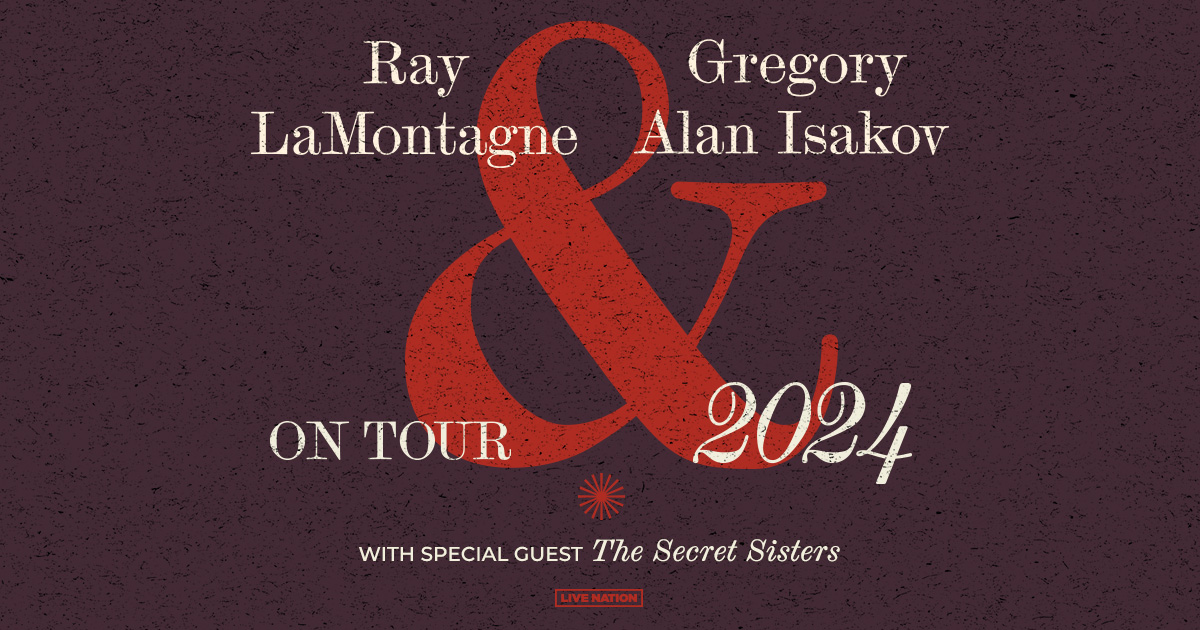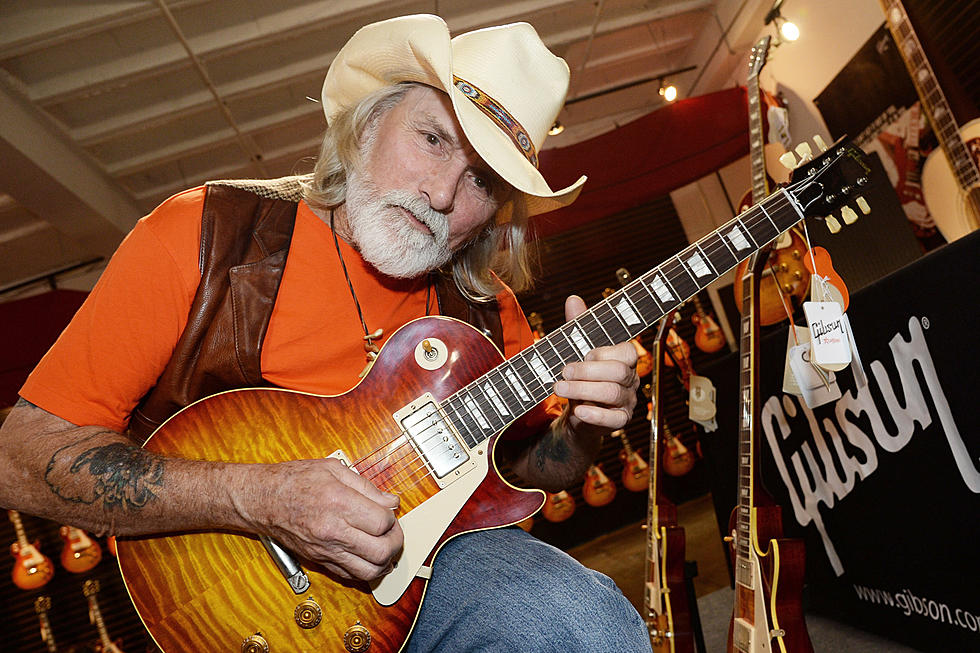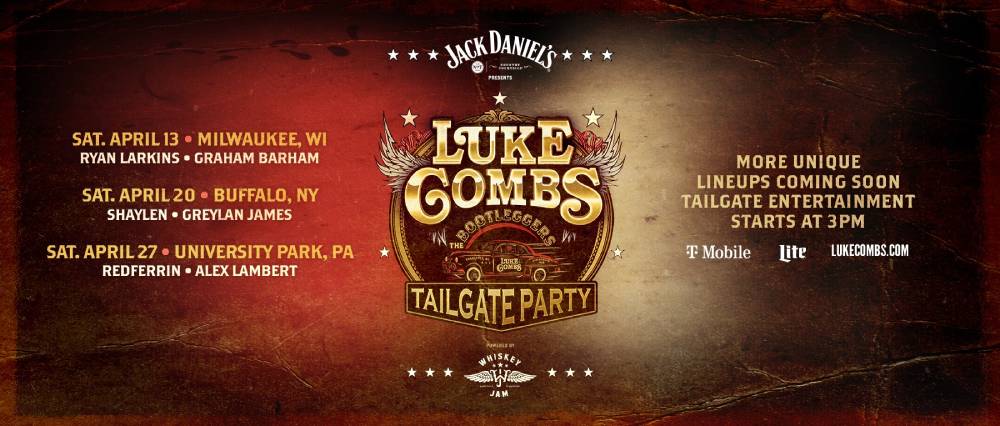
(CelebrityAccess News Service) NOTTINGHAM, England – Matthew Jay, a young British singer/songwriter, died on September 24 from injuries after falling out of a seventh-story window in Nottingham, England. "His act would appear to have been an impulsive gesture following a professionally difficult year and perhaps, a difficult day," said an EMI statement. "
Everyone here who knew Matthew will remember him as such a lovely guy, and a very talented artist." We are deeply shocked and send our sympathy to his family and friends."
In a statement, his parents said: "Matthew Jay died late evening on Wednesday, 24th September 2003, killed in a fall from a seventh-story window. It is understood that there was nobody with him in the room at the time and no note was left. His family loved him dearly, admired him greatly and wish Matthew and all who loved him peace and tranquility. Matthew lived and died for his music. We hope that his music will live on and help fill the terrible void left in all those who loved him."
Jay's debut album "Draw" was released by Food/EMI in the U.K. (Capitol in the U.S.) in April 2001. He opened for Stereophonics, Dido, Doves and Starsailor. Jay was represented by Little Big Man. –Bob Grossweiner and Jane Cohen
 Rock Singer Robert Palmer Dies at Age 54
Rock Singer Robert Palmer Dies at Age 54
 LONDON (AP) — British rock star Robert Palmer, who struck a hit MTV image in the 1980s with his sharp suits and a backup band of mini-skirted, glossy-lipped models on songs like "Addicted to Love," died Friday in Paris of a heart attack.
LONDON (AP) — British rock star Robert Palmer, who struck a hit MTV image in the 1980s with his sharp suits and a backup band of mini-skirted, glossy-lipped models on songs like "Addicted to Love," died Friday in Paris of a heart attack.
Palmer died suddenly at the luxury Warwick Hotel near the Champs-Elysees after a calm night of dinner and a movie, his manager, Mick Cater, said. The singer had received a clean bill of health from doctors in Switzerland just a few weeks ago.
Palmer, who has lived in Switzerland for the last 16 years, was on a two-day break in Paris with his partner of 20 years, Mary Ambrose, following a television recording session in Britain, Cater said.
The impeccably dressed rocker scored big in the 1980s with hits including "Addicted to Love." He won a Grammy for that single in 1987 as best male rock vocal performance and another two years later for "Simply Irresistible."
The "Addicted to Love" video, where Palmer sings in front of a band of sleek, lookalike models playing guitars, keyboard and drums, became one of MTV's most-played clips, and sparked protests from some feminists.
"I'm not going to attach inappropriate significance to it because at the time it meant nothing. It's just happened to become an iconic look," Palmer once said of the video.
It was a look he used in videos for several more of his hits. His GQ sense of style also won Palmer the title of best-dressed male artist from Rolling Stone in 1990.
A side project, Power Station, formed in 1985 with John Taylor and Andy Taylor of '80s supergroup Duran Duran, scored U.S. Top 10 singles with "Some Like It Hot" and a cover of the T. Rex hit "Get it On."
The son of a British naval officer, Palmer was born in Yorkshire, England on Jan. 19, 1949, and spent his childhood in Malta. He began developing his soul-rock style as early as 15, when he joined his first band, the Mandrakes. He had his first hit album and single, "Sneakin' Sally through the Alley," in 1974.
In his 20s, Palmer worked with a number of small-time bands including Dada, which later became Vinegar Joe, and the Alan Bown Band, occasionally appearing in opening acts for big draws including The Who and Jimi Hendrix.
Palmer once confessed that he was not attracted to some aspects of stardom.
"I loved the music, but the excesses of rock 'n' roll never really appealed to me at all," he said. "I couldn't see the point of getting up in front of a lot of people when you weren't in control of your wits."
Palmer was noted for being somewhat restrained.
"I don't want to be heavy," he said in an interview with Rolling Stone magazine.
"I can't think of another attitude to have toward an audience than a hopeful and a positive one. And if that includes such unfashionable things as sentimentality, well, I can afford it," he said.
Palmer is survived by Ambrose and two children _ James, a musician who joined him on his last record, 2003's Drive, and Jane. A private ceremony will be held next week in Switzerland, said his publicist, Elizabeth Freund
 Guitarist Paul Burlison Dies
Guitarist Paul Burlison Dies
 (CelebrityAccess News Service) – Guitarist Paul Burlison, who was a founding member of the seminal Memphis-based Rock 'n' Roll Trio with brothers Johnny and Dorsey Burnette, died September 27 at his home in Horn Lake, TN after a long illness. He was 74.
(CelebrityAccess News Service) – Guitarist Paul Burlison, who was a founding member of the seminal Memphis-based Rock 'n' Roll Trio with brothers Johnny and Dorsey Burnette, died September 27 at his home in Horn Lake, TN after a long illness. He was 74.
Burlison's distorted fuzz-toned guitar sound animated such rockabilly classics as "The Train Kept A-Rollin,'" "Tear It Up," "Honey Hush," "Lonesome Train (On a Lonesome Track)," and "Rock Therapy."–Bob Grossweiner and Jane Cohen
 Legendary Song-And-Dance Man Donald O'Connor, Star of 'Singin' in the Rain,' Dies at 78
Legendary Song-And-Dance Man Donald O'Connor, Star of 'Singin' in the Rain,' Dies at 78
 LOS ANGELES (AP) — Entertainer Donald O'Connor, who combined comedy and acrobatics in the show-stopping "Make 'Em Laugh" number in the classic movie "Singin' in the Rain," died Saturday, his daughter said. He was 78.
LOS ANGELES (AP) — Entertainer Donald O'Connor, who combined comedy and acrobatics in the show-stopping "Make 'Em Laugh" number in the classic movie "Singin' in the Rain," died Saturday, his daughter said. He was 78.
O'Connor, who had been in declining health in recent years, died of heart failure at a retirement home in Calabasas, his daughter, Alicia O'Connor, told The Associated Press.
In a brief statement, the family said that among O'Connor's last words was the following quip: "I'd like to thank the Academy for my lifetime achievement award that I will eventually get."
O'Connor won an Emmy, but never an Oscar. He was best known for films he made in the 1950s — a series of highly successful "Francis the Talking Mule" comedies and movie musicals that put his song and dance talents to good use.
"He was such a fine man and was one of the great ones," actor Tony Curtis said Saturday.
Songs in movie musicals are often touching or exciting, but O'Connor performed a rare feat with a number that were laugh-out-loud funny.
The best, 1952's "Singin' in the Rain," also starred Gene Kelly and Debbie Reynolds and took a satirical look at Hollywood during the transition from silent to sound pictures.
As he sings "Make 'Em Laugh," O'Connor dances with a prop dummy and performs all manner of amusing acrobatics.
"Someone handed me a dummy that was on the stage," he recalled in a 1995 Associated Press interview. "That was the only prop I used. I did a pratfall and we wrote that down. Every time I did something that got a laugh, we wrote it down to keep in the number."
The American Film Institute's list of the top 100 American movies ever made ranked "Singin' in the Rain" at No. 10.
"He was incredible, a consummate performer. Always entertaining, always talking, always laughing," said Tim Fowlar his musical director for 30 years. "He loved to perform and that's pretty much all he knew."
Among O'Connor's other '50s musicals were "Call Me Madam," "Anything Goes" and "There's No Business Like Show Business."
He said it was a fluke that he landed in so many musicals, noting he started out as a "straight" actor. He also said his song-and-dance image came with a downside.
"Back then, when you were typecast that way, it was very difficult to get dramatic parts," he recalled. "Look at Fred Astaire, who was a darn good actor."
The "Francis" comedies, which featured a bumbling O'Connor and a talking mule, began in 1949. A few years later, the man who directed them created the "Mr. Ed" TV series.
O'Connor quit the "Francis" series in 1955, saying, "When you've made six pictures and the mule still gets more fan mail than you do …."
O'Connor also had some success in television. He won an Emmy for "The Colgate Comedy Hour" in 1954 and appeared in "The Donald O'Connor Texaco Show" from 1954 to 1955.
Born in Chicago to circus performers who went into vaudeville, O'Connor joined his family's act when he was an infant. He made his film debut at age 11 in a dancing scene with two of his brothers in "Melody for Two."
As a contract actor for Paramount, he played adolescent roles in several films, including Huckleberry Finn in "Tom Sawyer — Detective" (1938). He was Bing Crosby's kid brother in "Sing You Sinners" (1938), which he later ranked among his favorite roles.
When he grew too big for child roles, he briefly returned to vaudeville, but was soon back in Hollywood playing high-energy juvenile leads opposite such actresses as Gloria Jean and Susanna Foster.
In recent years, he continued working when he found a project he liked, such as appearing in an episode of "Tales From the Crypt."
But he said he had little desire to leave home for long stretches. He and his wife had moved to Arizona after their California home was damaged in the 1994 Northridge earthquake.
"Revivals are so popular now. But doing one would mean being out in cold, cold New York for a year, a year and a half," he said. "I'd rather do something where I go in and work a week, maybe three days. Get it done and come back home."
 'Waterfront' Director Kazan Dies At 94
'Waterfront' Director Kazan Dies At 94
 NEW YORK (AP) — Elia Kazan, the giant of stage and cinema who was hailed for "On the Waterfront" and "A Streetcar Named Desire" but shunned for naming names during the McCarthy era, has died. He was 94.
NEW YORK (AP) — Elia Kazan, the giant of stage and cinema who was hailed for "On the Waterfront" and "A Streetcar Named Desire" but shunned for naming names during the McCarthy era, has died. He was 94.
"A genius left us," Kazan's lawyer, Floria Lasky, said after the director died at his Manhattan home Sunday. She did not give a cause of death.
Kazan won Oscars for "Gentleman's Agreement" and "On the Waterfront" and staged five Pulitzer Prize-winning plays: "The Skin of Our Teeth," "Death of a Salesman," "A Streetcar Named Desire," "Cat on a Hot Tin Roof" and "J.B.," for which Kazan won his first of three a Tony Awards for directing.
He was also one of the most prominent entertainment figures to testify before the House Committee on Un-American Activities, set up shortly after World War II to rid the United States of any communist influences.
In his testimony, given in January 1952, Kazan identified eight people he said had been members of the Communist Party with him in the mid-1930s. All were eventually blacklisted.
Most left the country or simply never worked in theater or film again; a few were lucky enough to keep their jobs using pseudonyms. Kazan defended his decision by saying that all were already known to the committee, a stance disputed by others.
Years later, Kazan insisted he carried no guilt for what many of his colleagues saw as a betrayal during the reign of Sen. Joseph McCarthy. "There's a normal sadness about hurting people, but I'd rather hurt them a little than hurt myself a lot," he said.
Kazan received a special Oscar in 1999 for his life's work. The decision reopened wounds and touched off a painful controversy. At the ceremony, there was only a smattering of applause. Some audience members showed their disapproval with silence.
"No one can forget the known negative marks of his political stance, but also no one can deny his reputation of being a great director," said Evangelos Venizelos, culture minister of Greece, home of Kazan's ancestors.
Besides his two Oscar-winning efforts, Kazan directed "A Tree Grows in Brooklyn," the film version of "Streetcar," "East of Eden," "Splendor in the Grass," "A Face in the Crowd" and "The Last Tycoon." His other stage credits included "Camino Real," "Sweet Bird of Youth" and "Tea and Sympathy."
"I lost a dear friend. We were as close as an actor and director could be," actor Karl Malden said. "I idolize him. I think he was one of the best directors I've ever worked with in theater and films."
Kazan turned to writing in his 50s and produced six novels — including several best sellers — and an autobiography. The first two novels, "America, America" and "The Arrangement," he also made into movies.
"Even when I was a boy I wanted to live three or four lives," he once said.
He started out as a stage actor but his ambition was to direct, which he began doing in the mid-1930s. The breakthrough came when he staged Thornton Wilder's "The Skin of Our Teeth" in 1942 and won a New York Drama Critics Award.
He first teamed with Arthur Miller to direct "All My Sons" and went on to do "Death of a Salesman," which one critic termed "as exciting and devastating a theatrical blast as the nerves of modern playgoers can stand."
His friendship with Miller was never the same after his congressional testimony. Kazan talked with Miller before he testified, and Miller later wrote in his journal about a side of his friend that he had not seen before: "He would have sacrificed me as well."
His Broadway collaboration with Tennessee Williams began with "Streetcar" in 1947 and later included "Camino Real," "Cat on a Hot Tin Roof" and "Sweet Bird of Youth."
"He approaches a play more critically than anyone I know; you find yourself doing more revisions for him than for any other director," Williams once said.
Carroll Baker, who played the Lolita-like character in "Baby Doll," said Kazan was especially important in launching the careers of young actors at the Actors Studio, where she met him.
"You got in on your talent and you didn't have to pay anything," she said. "Kazan was a real actor's director. He discovered a lot of people and he knew how to use you to get the best performance out of you."
Kazan once said he turned to writing because "I wanted to say exactly what I felt. I like to say what I feel about things directly and no matter whose play you direct or how sympathetic you are to the playwright, what you finally are trying to do is interpret his view of life. … When I speak for myself I get a tremendous sense of liberation."
Born Elia Kazanjoglous on Sept. 7, 1909, in what was then Constantinople, Turkey, he was the son of a Greek rug merchant. The family came to New York when Kazan was 4 and he grew up in a Greek neighborhood in Harlem and later suburban New Rochelle.
He went to Williams College, where he picked up the nickname Gadget — "I guess because I was small, compact and eccentric," he once said. Shortened to Gadge, it was a name that stuck — and one that he came to loathe.
During his senior year he saw Sergei Eisenstein's film "Potemkin" and focused on the performing arts. He attended the Yale University Drama School, then joined the Group Theatre in New York in 1933.
Kazan, a short, stocky intense man, preferred casual dress and was direct in social dealings.
"He doesn't believe in social amenities and, if he is bored by any individual or group, he simply departs without apology or explanation," actress Vivien Leigh once remarked.
Kazan married three times. With first wife Molly Day Thatcher he had four children: Judy, Chris, Nick and Katharine. After Thatcher's death, Kazan married Barbara Loden and they had two sons, Leo and Marco. She died of cancer in 1967; in 1982 he married Frances Rudge.
 Tony-Winning Playwright Herb Gardner Dies
Tony-Winning Playwright Herb Gardner Dies
 NEW YORK (AP) — Herb Gardner, author of such hit Broadway comedies as "A Thousand Clowns" and the Tony-winning "I'm Not Rappaport," has died. He was 68.
NEW YORK (AP) — Herb Gardner, author of such hit Broadway comedies as "A Thousand Clowns" and the Tony-winning "I'm Not Rappaport," has died. He was 68.
The playwright died of lung disease Wednesday at home, said his wife, Barbara Sproul.
Gardner had his first Broadway success in 1962 with "A Thousand Clowns," which starred Jason Robards and Sandy Dennis. It told the story of a nonconformist television writer who battled adoption authorities over custody of his young nephew. "Clowns" was later made into a movie starring Robards and Barbara Harris.
"I'm Not Rappaport" starred Judd Hirsch and Cleavon Little as two elderly men who met daily in Central Park. It was Gardner's biggest commercial success and won the best-play Tony Award in 1986.
Among his other Broadway plays were "The Goodbye People" (1968), "Thieves" (1974) and "Conversations with My Father" (1992).
Gardner also produced and wrote the screenplay and the 1971 Dustin Hoffman film, "Who Is Harry Kellerman and Why Is He Saying All Those Terrible Things About Me?"
Both "A Thousand Clowns" and "I'm Not Rappaport" had unsuccessful revivals on Broadway in recent years: "Clowns," starring Tom Selleck, in 2001 and "I'm Not Rappaport," with Hirsch and Ben Vereen, last year.
Born in Brooklyn, Gardner attended the Carnegie Institute of Technology and Antioch College. He also drew the comic strip "The Nebbishes" in the late 1950s.
 Author George Plimpton Dies at Age 76
Author George Plimpton Dies at Age 76
 NEW YORK (AP) — George Plimpton, the self-deprecating author of "Paper Lion" and a patron to Philip Roth, Jack Kerouac and countless other writers, has died. He was 76.
NEW YORK (AP) — George Plimpton, the self-deprecating author of "Paper Lion" and a patron to Philip Roth, Jack Kerouac and countless other writers, has died. He was 76.
Plimpton died Thursday night at his Manhattan apartment, his longtime friend, restauranteur Elaine Kaufman, said Friday.
"I saw him the other day. He was full of energy," said Kaufman, who said she had known Plimpton for 40 years. "He was talking about a trip he took with his family to the tip of South America."
Praised as a "central figure in American letters" when inducted in 2002 to the American Academy of Arts and Letters, Plimpton also enjoyed a lifetime of making literature out of nonliterary pursuits.
He boxed with Archie Moore, pitched to Willie Mays and performed as a trapeze artist for the Clyde Beatty-Cole Brothers Circus. He acted in numerous films, including "Reds" and "Good Will Hunting." He even appeared in an episode of "The Simpsons," playing a professor who runs a spelling bee.
But writers appreciated Plimpton for The Paris Review, the quarterly he helped found nearly in 1953 and ran for decades with eager passion. The magazine's high reputation rested on two traditions: publishing the work of emerging authors, including Roth and Kerouac, and an unparalleled series of interviews in which Ernest Hemingway, William Faulkner and others discussed their craft.
The Paris Review remained more respected than read. The subscription base was rarely higher than a few thousand and the bank account seemed to descend at will. At one point in 2001, Plimpton reported, funds dropped to $1.16. Donations from various wealthy friends kept it going.
Plimpton proved all too effective at praising others at the expense of himself. Until 2002, when he turned 75, his highest honor was being named New York City fireworks commissioner, a position that didn't officially exist. But within a month of the academy induction, the French made him a Chevalier, the Legion of Honor's highest rank. The Guild, an arts organization based on Long Island, gave him a lifetime achievement award.
In 2003, Plimpton decided to write his memoirs, signing a $750,000 deal with Little, Brown and Co.
A native of New York, Plimpton held the parallel identities of insider and outsider. He was born into society — diplomat's son — and spoke in an upper-class accent worthy of a Harvard man.
But the public knew him better as an amiable underdog, stumbling amid the feet of the giants of sports and other professions. Much of his career served as a send-up of Hemingway's famous credo: "Grace Under Pressure."
Starting in the 1950s, when he began his vocation as a "participatory" journalist, he practiced the singular art of narrating panic. In a culture where millions fantasized about being movie stars or sports heroes, the lanky, wavy-haired Plimpton dared to enter the arena himself, with results both comic and instructive.
In "Paper Lion," he documented his time training with the Detroit Lions in 1963. Allowed briefly to play quarterback, he remembered the crowd cheering as he left the field after a series of mishaps.
"I thought about the applause afterward. Some of it was, perhaps, in appreciation of the lunacy of my participation and for the fortitude it took to do it," he wrote, "but most of it, even if subconscious, I decided was in relief that I had done as badly as I had.
"It verified the assumption that the average fan would have about an amateur blundering into the brutal world of professional football. He would get slaughtered. … The outsider did not belong, and there was comfort in that being proved."
His other books included "Bogey Man," "Out of My League" and "Shadow Box." Plimpton could also take credit for at least one memorable fictional character: Sidd Finch, a baseball pitcher of unprecedented gifts (168 mph fastball) and unlikely background (reared in the mountains of Tibet) portrayed so vividly by Plimpton in a 1985 Sports Illustrated article that many believed he existed.
He seemed to know everyone: athletes, actors, musicians, statesmen. He had deep connections to the political world, dating back to childhood, when Adlai Stevenson — the two-time presidential nominee — was a family friend and Jacqueline Kennedy a debutante he would see at dances. Robert Kennedy was a classmate at Harvard.
Plimpton maintained a light touch in his work, but he knew tragedy firsthand. He served as a volunteer for Robert Kennedy's 1968 presidential run and was walking in front of him as the candidate was assassinated in the kitchen of a Los Angeles hotel.
"I had my hands around his neck," he recalled in a 2002 interview with The Associated Press, referring to gunman Sirhan Sirhan, whom he helped wrestle to the ground. Plimpton turned his head away as he spoke, his clear voice turned foggy.
"Bad stuff."
He sailed with John Kennedy, played tennis with former President Bush and rode on Air Force One with President Clinton. He witnessed a baffling encounter between Richard Nixon and Casey Stengel, when the president wanted to talk baseball and the former baseball manager wanted to discuss banking.
Sports was the common bond between Plimpton and politicians. He knew the current President Bush from his days as owner of the Texas Rangers and chatted with him shortly after Election Day 2000, when the outcome was still in doubt.
"He wanted to talk about Sidd Finch," Plimpton recalled. "I thought that was rather odd."
Plimpton was married twice: to Freddy Medora Espy, whom he divorced in 1988, and to Sara Whitehead Dudley. He had four children.
 Musical Agent Ian Hunter Dies at 84
Musical Agent Ian Hunter Dies at 84
LONDON (AP) — Ian Hunter, who represented some of classical music's most prominent performers and was an early organizer of the Edinburgh Festival of arts, has died. He was 84.
Hunter, whose clients included violinists Yehudi Menuhin and Isaac Stern, pianist Daniel Barenboim and cellist Jacqueline du Pre, died Sept. 5. in Balcombe, West Sussex, said Tiggy Sawbridge, his assistant. She did not know the cause.
Early in his career Hunter served as assistant to Rudolf Bing, founder of the Edinburgh Festival, now one of Britain's most important arts festivals. A few years later, in 1949, he became artistic administrator of the festival and then served as its director from 1951 to 1955.
He led arts festivals throughout his career, founding the Bath Festivals and running the City of London Festival, the Brighton Festivals, the Windsor Festivals and the Hong Kong Arts Festivals, among many others. Menuhin worked with him on the Brighton Festivals.
Hunter, who was knighted in 1983, served for many years as chairman and president of Harold Holt Ltd., now Askonas Holt, a musicians' management agency.
He was married twice and had four daughters, who survive him.
























































